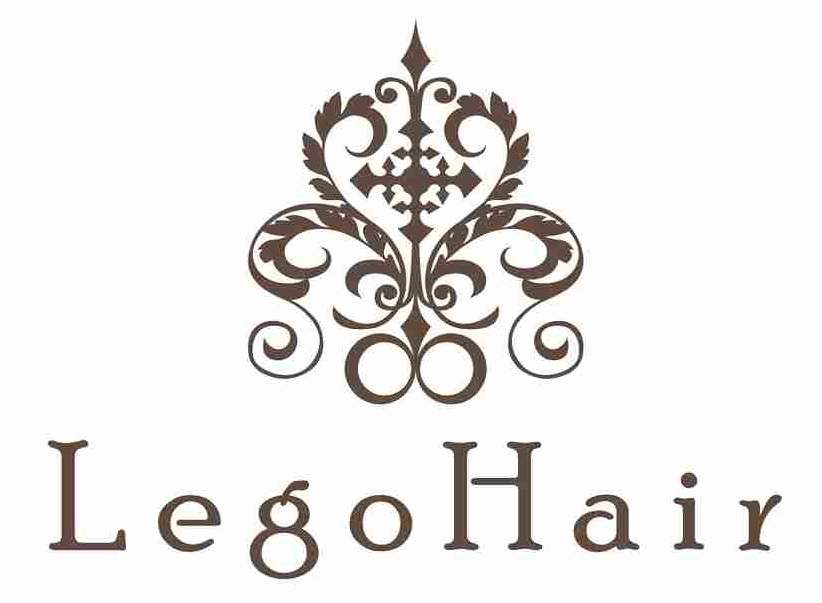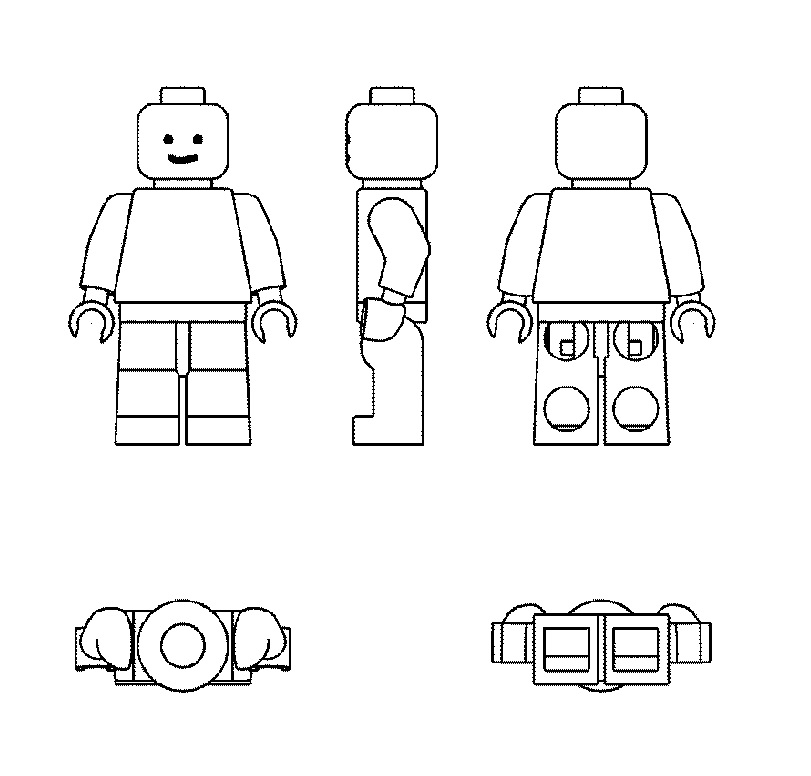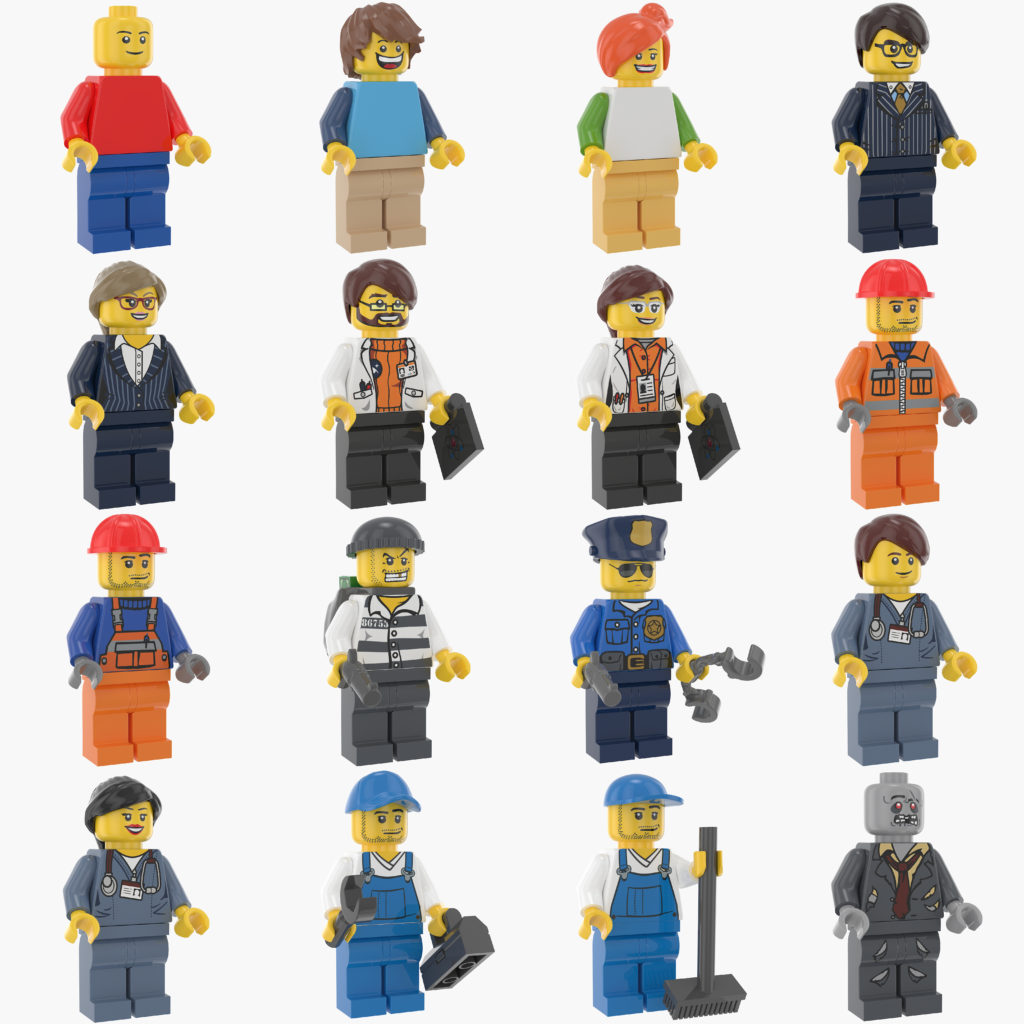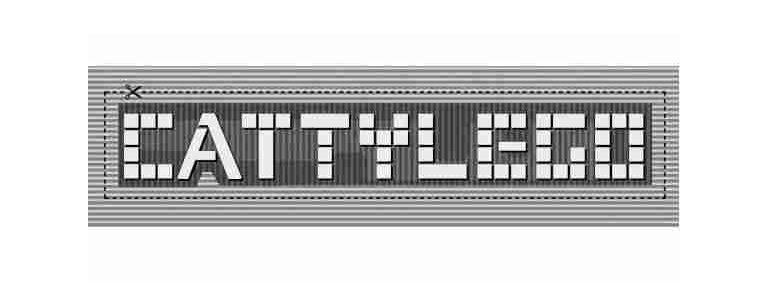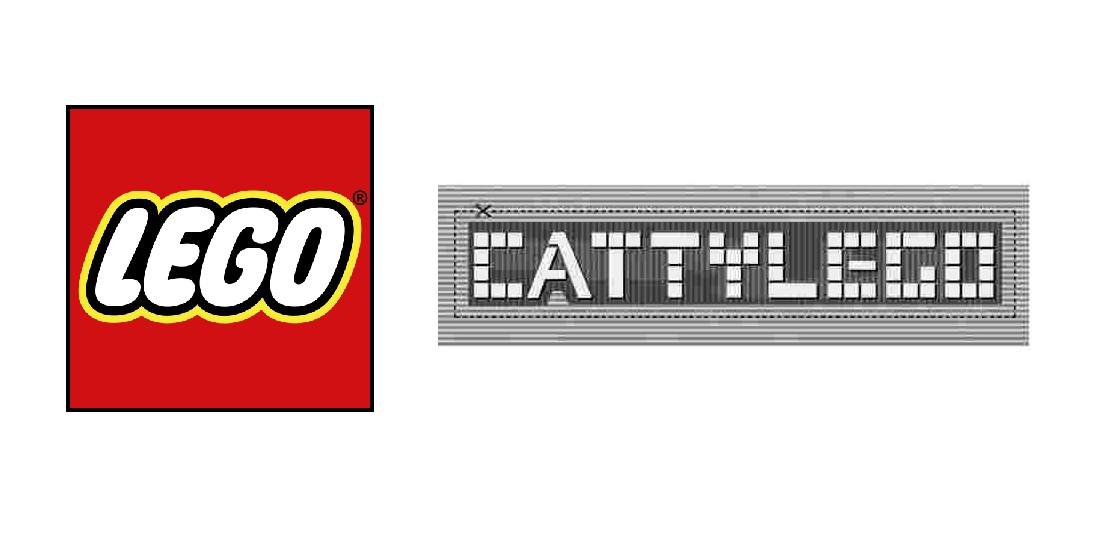The Japan IP High Court dismissed an appeal brought by Lego Juris A/S and affirmed the Japan Patent Office (JPO) decision that found the 3D shape of Lego figures unregistrable due to a lack of inherent distinctiveness and secondary meaning in relation to toys.
[Court case no. Reiwa4(Gyo-ke)10050, decision date: December 26, 2022]LEGO 3D Figure Mark
Toy giant, Lego Juris A/S applied to register a 3D mark, showing the Lego figure seen from the front, side, back, top, and beneath (see below), for “games and playthings” and other goods in class 28 on October 20, 2017 (TM App no. 2017-138422).
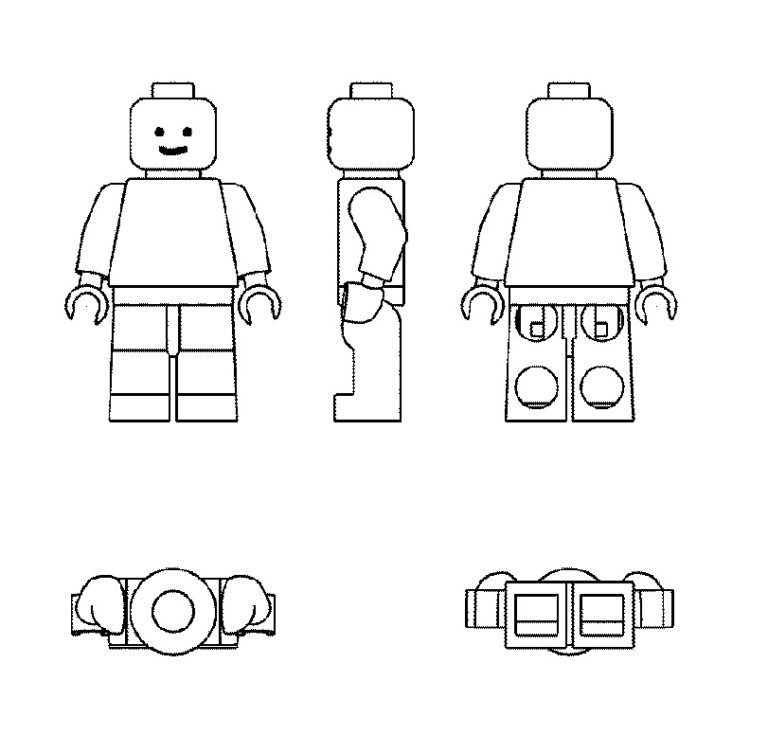
JPO rejection
The JPO Appeal Board sustained the findings of the examiner and found the 3D mark does not go beyond the scope of the descriptive shape of the goods in question by stating that:
- Plenty of human shapes figures have been promoted for sale by competitors in the relevant business field.
- There is less necessity to adopt a specific configuration in making a human shape figure provided that it has a basic skeleton of head, body, arms, and legs.
- The Board has a reason to believe the 3D shape of the applied mark is adopted enabling (i) to wear several caps and hair wigs, (ii) to get hold of various tools at hand, and (iii) to stand still in the display, and play.
- If so, relevant consumers would assume the whole shape and its unique decoration of the Lego figure attributable to enhancing function or the aesthetic appeal of the toy.
Based on the foregoing, on January 6, 2022, the Board decided to dismiss the appeal in contravention of Article 3(1)(iii) of the Japan Trademark Law. See a previous post from here.
Lego Juris A/S immediately brought the case to the IP High Court and argued inherent distinctiveness and secondary meaning as a result of the substantial use of the 3D shape in relation to toys.
IP High Court ruling
By judgment of December 26, 2022, the IP High Court found relevant consumers are likely to consider the 3D shape as a whole adopted for a purpose of enhancing function or the aesthetic appeal of ‘human figure toys’ by taking into account a lot of human shape figures with similar features by competitors and trade practice.
The judge stated JPO did not error in applying Article 3(1)(iii) of the Japan Trademark Law and the 3D mark shall be unregistrable due to a lack of inherent distinctiveness under the article.
As for Lego’s allegations of the secondary meaning, the judge, based on the produced evidence, pointed out that relevant consumers would just consider the 3D mark as an unfinished shape of Lego figures because there is a number of figures wearing caps and hair wigs with different facial expressions.
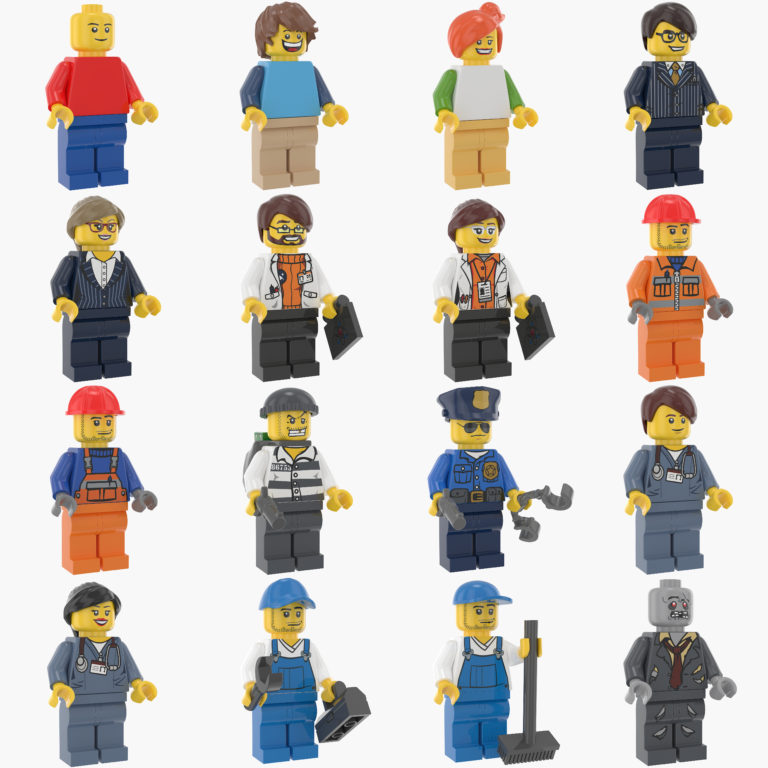
In order to bolster secondary meaning, Lego produced an interview report, showing 37.32% of the interviewees (a total of 1,190 people aged over 16) selected “Lego” from a list. However, the judge thought it negatively by paying an attention to the fact that more interviewees (amounting to 37.45%) selected other brands from the list.
Accordingly, the court decided the 3D mark is even unregistrable under Article 3(2) because it has yet to acquire secondary meaning as a source indicator of Lego figures.

